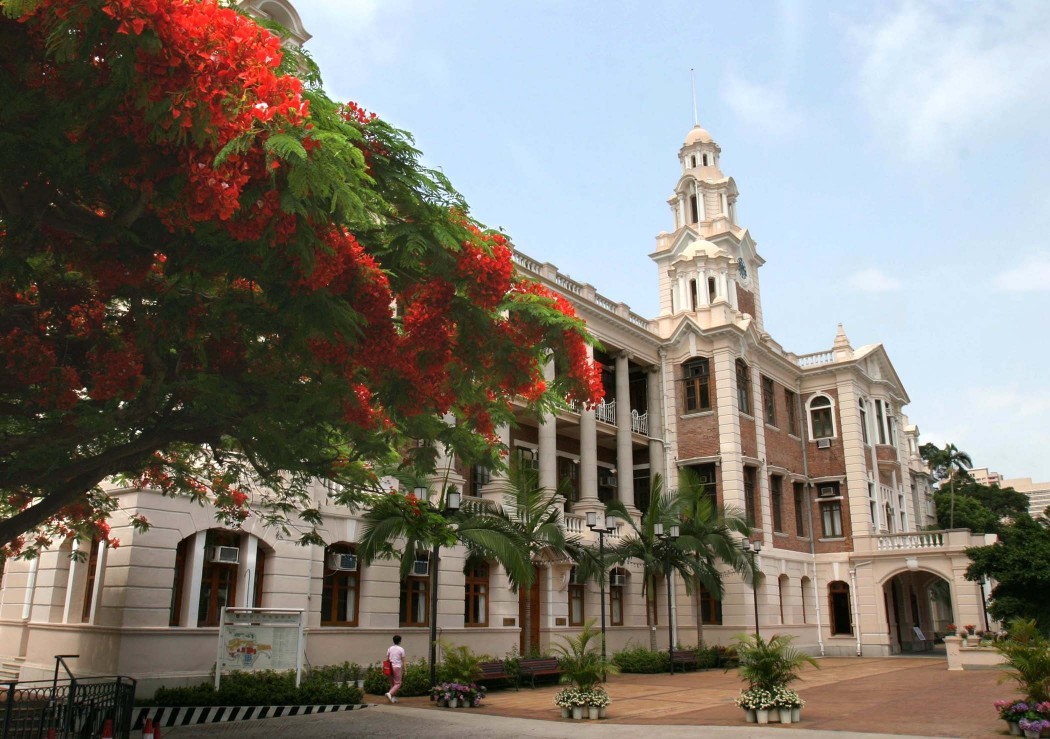Staff unions at eight local universities are to vote on whether to amend unversity ordinances to scrap the tradition of having the Chief Executive as a default member of the schools’ governing councils.
A second motion will propose increasing the proportion of elected student and teaching staff representatives in the management structure of universities. The two motions were agreed upon by staff representatives across the eight funded universities following months of deliberation.
The participating universities include the University of Hong Kong, Chinese University of Hong Kong, Hong Kong Polytechnic University, Hong Kong Baptist University, City University of Hong Kong, Hong Kong University of Science and Technology, Lingnan University, and the Hong Kong Institute of Education. The referendums will not be binding, as such changes would need to be approved in the legislature.

The University of Hong Kong Public Opinion Programme (HKUPOP) will assist in organising the referendum, which will take place from March 21 to 23, RTHK reported. 25,000 staff from these universities will be able to vote in person or electronically.
In response to critics who said that the referendum results would not be convincing unless there was a 100 percent voting turnout, HKUPOP Director Robert Chung Ting-yiu said this was not possible, and invited those who made the comments to set a standard as to what they would regard as convincing.

University of Hong Kong staff representative Dr Cheung Sing-wai said that Leung Chun-ying’s appointments – such as that of Arthur Li Kwok-cheung as chair of HKU Council – have caused discontent in society. Cheung said that they had initially planned to announce the referendum in January, but delayed the announcement after the protest at the HKU Council meeting and the Mong Kok unrest last Monday.
Cheung also said that they hoped to be able to use the results of the referendum as evidence when the topic of whether the ordinance should be amended is discussed among the schools’ management or in Legislative Council. Cheung said that the schools themselves have no power to amend the ordinance; it would ultimately have to be decided in the Legislative Council, Apple Daily reported.
